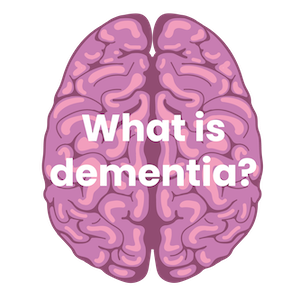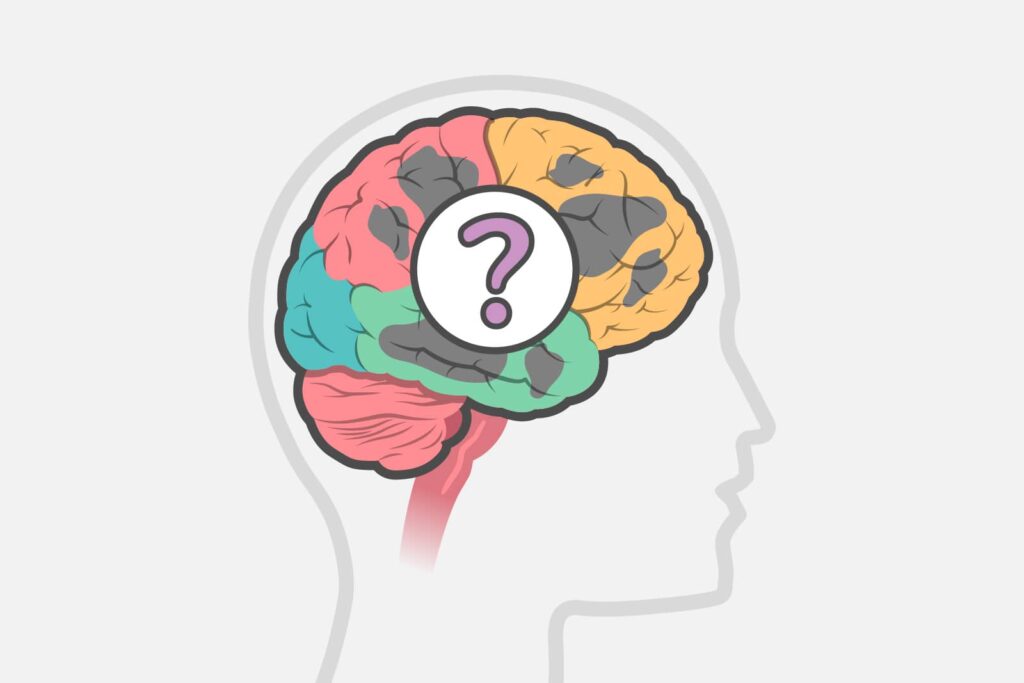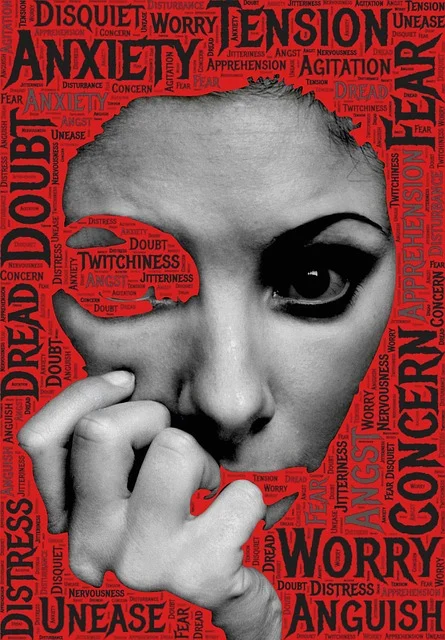Dementia is a term that often causes confusion, worry, and heartbreak—but understanding it is the first step in managing its effects with compassion and clarity.

What Is Dementia?
Dementia is not a single disease but a group of symptoms affecting memory, thinking, behavior, and the ability to perform everyday activities. It goes beyond the typical forgetfulness that comes with aging. While it’s common to occasionally forget names or misplace keys as we age, dementia involves more serious cognitive decline that interferes with daily life.
Dementia vs. Normal Aging
| Normal Aging | Dementia |
|---|---|
| Forgetting a name but remembering it later | Forgetting names and not remembering them later |
| Occasionally making a poor decision | Frequent poor judgment or decision-making |
| Misplacing items occasionally | Frequently placing items in strange locations (e.g., a phone in the fridge) |
| Needing help with new technology | Struggling to follow familiar routines |
Common Types of Dementia
- Alzheimer’s Disease
- Most common form (60-80% of cases)
- Characterized by plaques and tangles in the brain
- Early symptoms: memory loss, confusion, trouble with language
- Vascular Dementia
- Caused by reduced blood flow to the brain, often after a stroke
- Symptoms: problems with planning, organizing, and attention

- Lewy Body Dementia
- Caused by abnormal protein deposits (Lewy bodies)
- Symptoms: visual hallucinations, movement issues, sleep disturbances
- Frontotemporal Dementia (FTD)
- Affects the front and sides of the brain
- Symptoms: personality changes, language difficulties, impaired judgment
Symptoms of Dementia
- Memory loss
- Difficulty communicating or finding words
- Confusion about time or place
- Poor judgment
- Difficulty with familiar tasks
- Mood and personality changes
Stages of Dementia
- Mild (Early Stage)
- Person remains largely independent
- Experiences increasing forgetfulness and confusion
- Moderate (Middle Stage)
- Greater memory loss, confusion, and need for help with daily tasks
- May become disoriented, have trouble recognizing people
- Severe (Late Stage)
- Significant memory loss and physical decline
- May require full-time care and support
Causes and Risk Factors
- Age (most common in people over 65)
- Genetics (family history)
- Brain injuries
- Cardiovascular diseases
- Poor lifestyle (smoking, lack of exercise, unhealthy diet)
Diagnosis
Early diagnosis can improve quality of life. Doctors may use:
- Medical history and symptom review
- Neurological exams
- Brain imaging (MRI, CT scans)
- Cognitive tests (like the Mini-Mental State Exam)
Treatment Options
While there’s no cure for most types of dementia, treatments can help manage symptoms:
- Medications: Cholinesterase inhibitors (e.g., Donepezil), Memantine for moderate to severe Alzheimer’s
- Therapies: Occupational therapy, cognitive stimulation, behavioral therapy
- Supportive care: Creating routines, simplifying tasks, ensuring safety
Lifestyle Management and Prevention
Though not always preventable, certain habits can reduce risk or slow progression:
- Regular physical activity
- Heart-healthy diet (e.g., Mediterranean diet)
- Mental stimulation (puzzles, reading, learning new skills)
- Social engagement
- Managing chronic conditions like diabetes or hypertension
Living with Dementia: Impact on Daily Life
For individuals, dementia can feel frustrating, frightening, and isolating. They may struggle with independence, communication, or self-care.
For caregivers and loved ones, it can be emotionally and physically taxing. You might face challenges like:
- Managing behavioral changes
- Providing constant supervision
- Dealing with your own grief or stress
Real-life example:
Maria, a 68-year-old with early-stage Alzheimer’s, began forgetting important appointments and repeating stories. Her daughter, Anna, started helping with medications and eventually moved in to assist with cooking and errands. Over time, they both joined a support group to share experiences and learn coping strategies.
Mental Health and Emotional Well-Being
- People with dementia may experience depression, anxiety, or anger.
- Caregivers are at risk of burnout—take breaks, seek respite care, and ask for help.
- Emotional support is crucial—talking openly, connecting with others, and accepting professional counseling can make a big difference.
Final Thoughts
Dementia is a complex and often overwhelming journey, but no one has to face it alone. With early recognition, compassionate care, and the right resources, individuals and families can find ways to adapt and maintain quality of life.
Remember: patience, understanding, and support are the most powerful tools you can offer.



